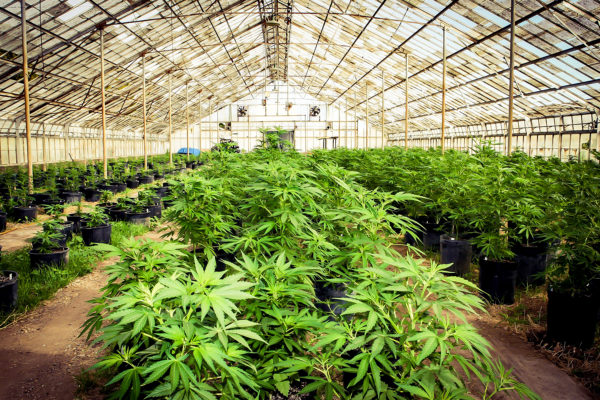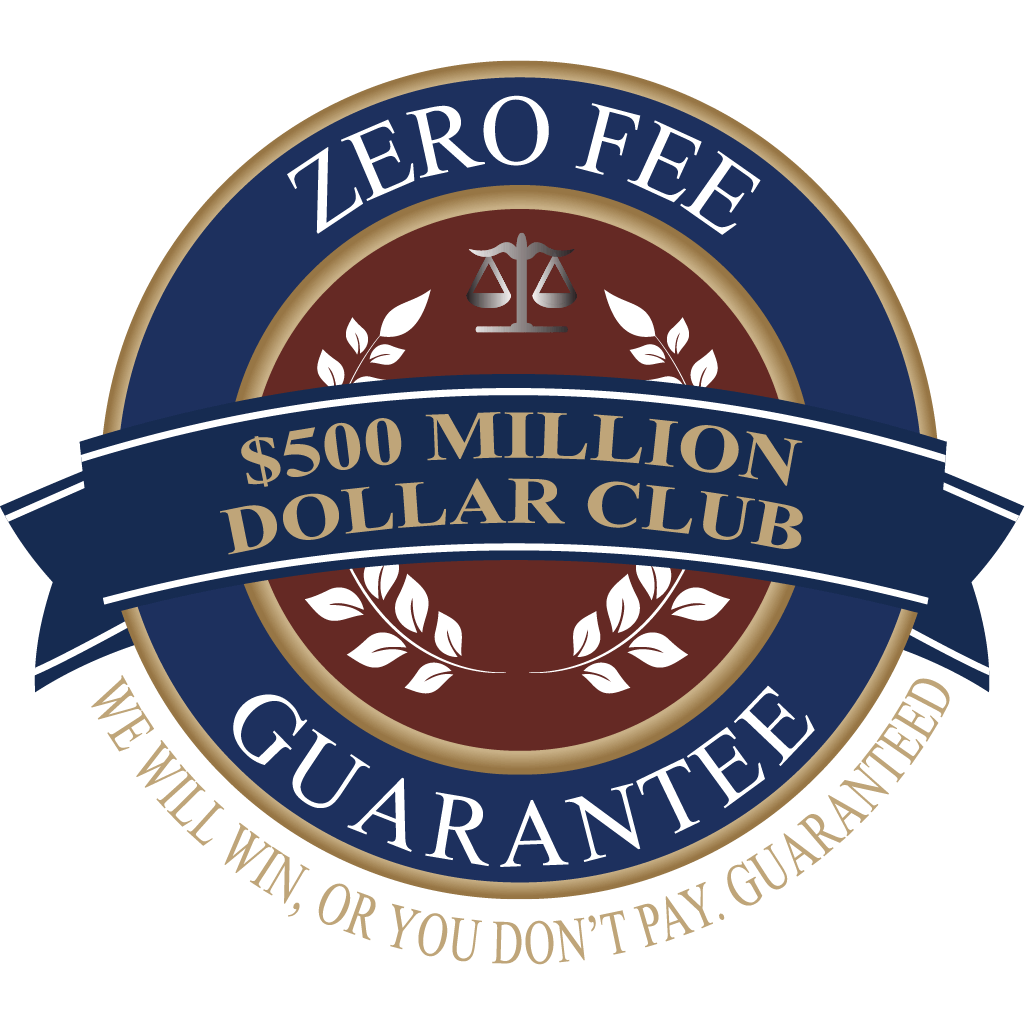Colorado Couple Sues Cannabis Company for Alleged Property Damage

The Lawsuit and Facts
A Colorado couple who is claiming that having a cannabis business as a neighbor hurts their property’s value has filed a lawsuit against their neighbor. If the jury sides with the couple, it could affect US marijuana industry – a budding industry that’s taken off in many states after most have realized the “War on Drugs” was not only an absolute waste of money, but a complete and utter failure.
The trial is set to begin on Monday, October 29, 2018.It is the first time that a jury will decide the fate of a lawsuit using federal anti-racketeering law to target a cannabis company. The marijuana industry and its lawyers have watched the case carefully since its inception in 2015 – when Hope and Michael Reilly first filed their sweeping complaint against Parker Walton, a cannabis farmer.
The couple bought southern Colorado rural land for its views of Pikes Peak, and built a house. They like to take hikes and ride horses.
They allege to smell “pungent, foul odors,” and claim that their marijuana neighbor has hurt their property’s value. They say they are unable to use their 100-acre property because of their neighbor.
“It’s not right to have people in violation of federal law injuring others,” Barnes said.
An attorney for the business being targeted plans to prove that their property has not been damaged. The attorney plans to use the county’s tax valuations to demonstrate that the property has actually increased over time.
Marijuana businesses are vulnerable to similar lawsuits in states that have legalized marijuana because it is still against federal law. Lawsuits using this same strategy have been filed in California, Massachusetts, and Oregon – progressive states that have legalized the harmless plant.

Our Recent Verdicts and Settlements
$2.5 Million
$1.1 Million
$1.5 Million
$600,000
$525,000
$734,851
Will jurors accept the argument?
They can claim up to a $1 million drop in property value, but if the jury does not agree and says $5,000, that’s not that big of a deal,” says Vanderbilt University law professor who specializes in drug law.
In the 1970s, Congress created the Racketeer Influenced and Corrupt Organizations Act (RICO) in order to target the Mafia. These anti-racketeering laws allow extended criminal penalties and a civil cause of action for acts performed as part of an ongoing criminal organization.
One issue: marijuana is legal on Colorado and not a criminal organization. Most counties in Colorado force cannabis cultivators and farmers to grow inside because most counties ban outdoor growth. This is where Pueblo County comes in.
Pueblo County local officials saw marijuana as an opportunity to increase an area of their economy that was left behind by the steel industry. The county’s officials offered their sunny, flat plains as an alternative. Additionally, they created financial incentives to attract farmers and use the empty, abandoned buildings left behind by other industries.
Parker Walton was one of the early birds and bought 40 acres in Rye, CO in 2014. He set up a 5,000-square-foot building to grow and harvest marijuana plants indoors. They Reillys then filed their lawsuit in early 2015. Matthew Buck, the company’s attorney, said the company has fewer than five employees and sells its products to retail stores.
Buck reports he’s confident that the jurors will conclude that the Reillys’ property has not been harmed. Though it doesn’t come without a cloud looming overhead. It’s very expensive for marijuana businesses to defend themselves against these sorts of claims, while plaintiffs with support from large conservative firms have little to lose.
Cooper & Kirk, the firm in charge of the couple’s suit, has built a rather conservative reputation. One of their founding partners worked in the U.S. Justice Department during the Reagan administration. The law firm said members of the firm were “troubled” as states started to legalize marijuana after realizing the myths around marijuana were institutional fabrications. Federal law still lists marijuana as an illegal narcotic, and so the law firm began to think of legal strategies to undermine states’ rights.
The U.S. Supreme Court has curtailed lawsuits that use the anti-racketeering laws against other industries. Courts could thus apply the same rulings to the cannabis industry.
What This Means for Your Property
If the courts rule with the Reillys… If the courts decide that anti-racketeering laws apply to cannabis and the damages are significant, it means that those properties affected by the cannabis industry could file a lawsuit and collect compensation for the reduction in property value.
If the courts rule with Walton… If the courts find that the Reillys’ lawsuit doesn’t have much merit and Walton’s attorneys can prove that their property value has actually gone up, then property value lawsuits that claim cannabis as the culprit will have to find another way to sue.
We’ll keep you updated on the case.
Residents Suing Businesses for Property Damage and More
There have been multiple cases of residents and property owners successfully suing businesses for property damage and other harm. Some examples of businesses that have been sued include the following:
- Landfills
- Food manufacturers
- Food processing plants
- Power plants
- Battery storage facilities
- And more
Although every situation is different, some of the reasons behind these claims may include the following:
- Strong odors coming from the business
- Toxic fumes coming from the business
- Constant fires
- And more
Those living near these businesses might have grounds to file claims on the basis of property damage, loss of property value, physical injuries (including smoke inhalation injuries, chemical burns, nose bleeds, coughing, asthma, etc.), pain and suffering (including depression, PTSD, loss of enjoyment of life, and more.
Can I Receive Compensation?
Based on the details surrounding your claim, you could be entitled to receive compensation. Some of the different categories of compensation available for recovery could include the following:
- Medical expenses
- Lost earnings
- Pain and suffering
- Punitive damages
- Property damage
- Relocation costs
- Legal costs
- And more
Here at our law firm, our lawyers are more than ready to take care of your claim and help you secure the maximum recovery available for your lawsuit. Whether our team has to negotiate a settlement or take your claim to trial to reach a verdict, you can trust that our team is ready to go above it all to secure the recovery that you are owed. If you have further questions about the possible value of your claim, contact us today.
What Should I Do?
This is a very important question. Ultimately, the recommended steps that you should take will be based on the type of claim that you are pursuing. You should consider the following recommendations:
- Gather any relevant medical records
- Gather all records of lost income
- Gather all records relevant to property damage
- Gather all records of any other expenses, including air purifiers, air filters, professional cleaning services, and more
- Gather any records of psychological damages, if applicable, including costs for therapy/counseling, diagnoses, and more
- Seek legal help as soon as possible
If you find yourself unsure of what to do next, do not hesitate to reach out to a lawyer as soon as possible. Our legal team here at the Normandie Law Firm is ready to guide you every step of the way.
Contact the Normandie Law Firm Today
Our lawyers are more than ready to provide you with the guidance that you need to fight for your rights and recover the payout that you are owed. If a nearby business is responsible for property damage, physical injuries, or psychological injuries, for example, you could have grounds to sue. For more information about the legal options available to you, contact us today.
Free Case Reviews: our team offers free case evaluations, which include free consultations and free second opinions. During these free legal services, our team will be available to answer all your questions, address all your concerns, and provide you with all the information that you need to either begin or continue your claim. To schedule a free case review, contact us today.
Zero-Fee Guarantee: you will not have to worry about paying any upfront legal costs for any of our legal services. In addition, our team works on a strict contingency structure, meaning that you will not be responsible for paying anything if your claim is not successful. If you do not win, you simply will not pay anything at all.
Contact us today to learn more about the legal option available to you.












